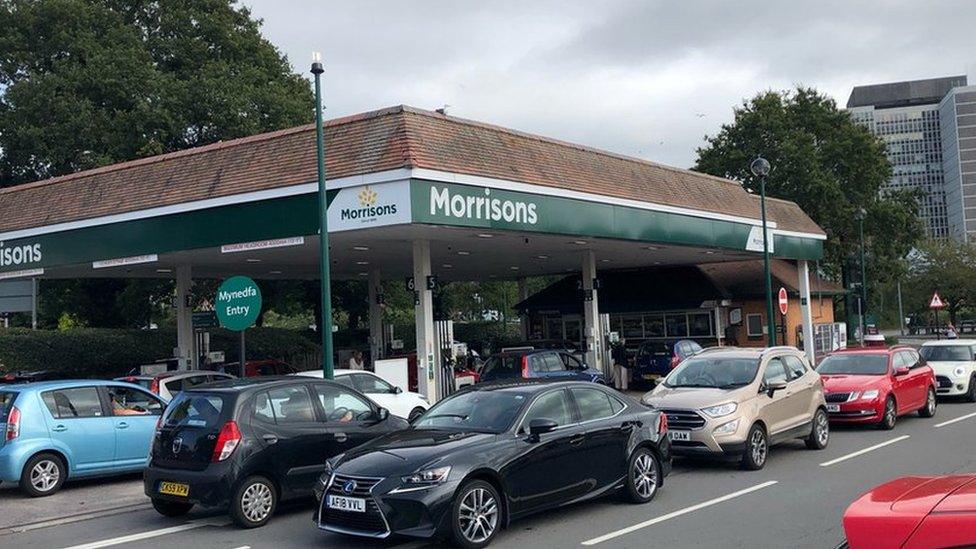Petrol supply: Station queues easing, says forecourt boss
- Published
- comments
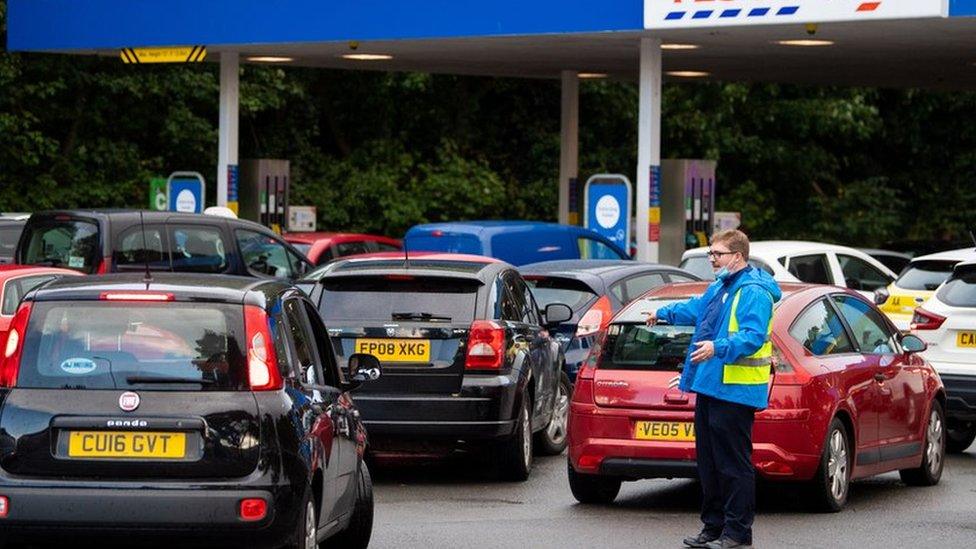
Reports of pumps running dry at some garages have led to a surge in demand
Queues at petrol stations are beginning to ease, a filling station boss said.
Kurt Williams, managing director of DK Forecourts, which runs 10 filling stations across south Wales, said the situation was "starting to calm down".
The Army could begin delivering fuel by the end of the week after reports of pumps running dry led to a surge in demand and a tanker driver shortage led to delivery problems.
Prime Minister Boris Johnson said the situation was "improving".
Mr Williams told BBC Radio Wales Breakfast his company had sold five times more fuel than usual since the surge in demand began last week.
"We've still got queues this morning but nothing as bad as we've had in the last five days... it's not up the road as it was but we still have eight to 10 cars on the sites and more coming all the time," he said.
He said not all customers were happy since his company began limiting petrol sales to £30, adding: "We always get one or two who say 'I've got a long journey' and give us a bit of verbal abuse, but nothing too bad."
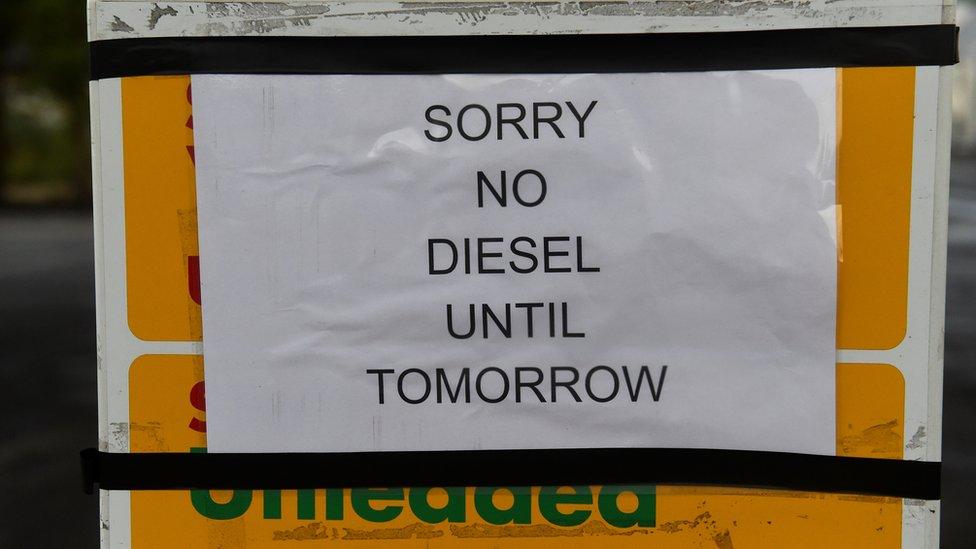
The Army could begin delivering fuel by the end of the week
Mr Williams said prioritising essential workers was not easy.
"It is just so difficult to carry that out when you've got 10 to 15 cars on the forecourt... you've got to see their ID cards and then you've got to pull them out of the queue and push other people back.
"Then you get the people who say they are [essential workers] and they're not... they say 'I'm a key worker, I didn't bring my identity card with me but can I go up to the front of the queue?'"
He added: "Let's hope it's calming down now and everyone's got pretty much the fuel they want and we can get back to some normality."
Mr Johnson said people should be "confident" to go about their business.
He said a decision on whether to deploy military tanker drivers has yet to be taken but about 150 will now get ready.
'A sticking plaster'
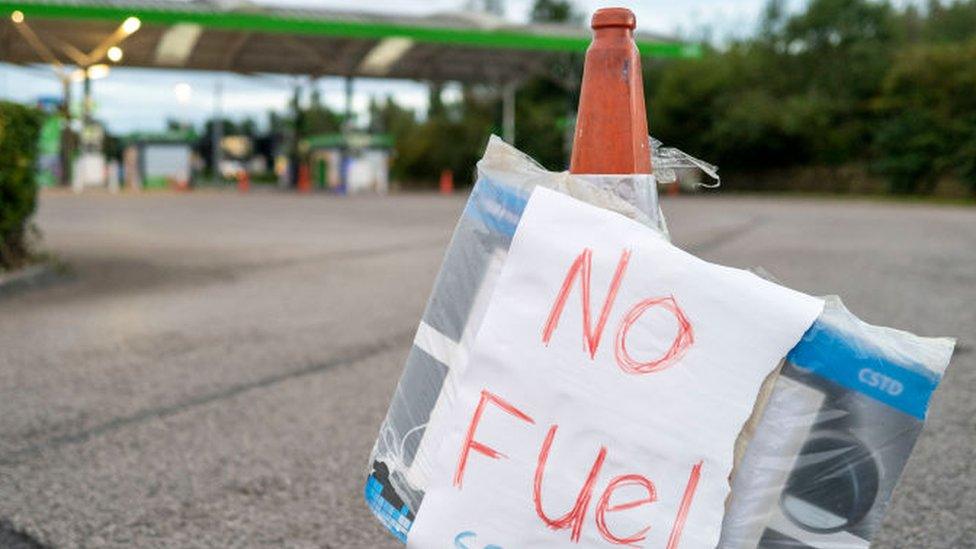
The Army could act as a "sticking a plaster" but not a " long-term solution", says a former Army major
Andrew Fox, from Anglesey, is a former Army major and operations manager in the 16th Air Assault Brigade, and has been involved in getting military aid to civilian authorities.
He said: "There are plenty of drivers [in the Army] who are qualified to do it, but they won't be that experienced or practiced and that's where the tricky bit will come.
"It is rather different to the day job... [but] we've got a very adaptive Army that's very well prepared and reactive to do things like that."
He said the 150 Army drivers were "not a huge amount", but was hopeful it would be enough to provide fuel to key workers.
"So it's about keeping the country's vital functions flowing whilst the government does what it needs to do to get everyone else back on the road," Mr Fox said.
"It's never going to be a long-term solution but it's sticking a plaster over the wound whilst the rest of it heals."

FORENSIC COLLISION INVESTIGATORS: Step inside the cordon with The Crash Detectives
A KILLING IN TIGER BAY: The full and shocking true story

- Published27 September 2021
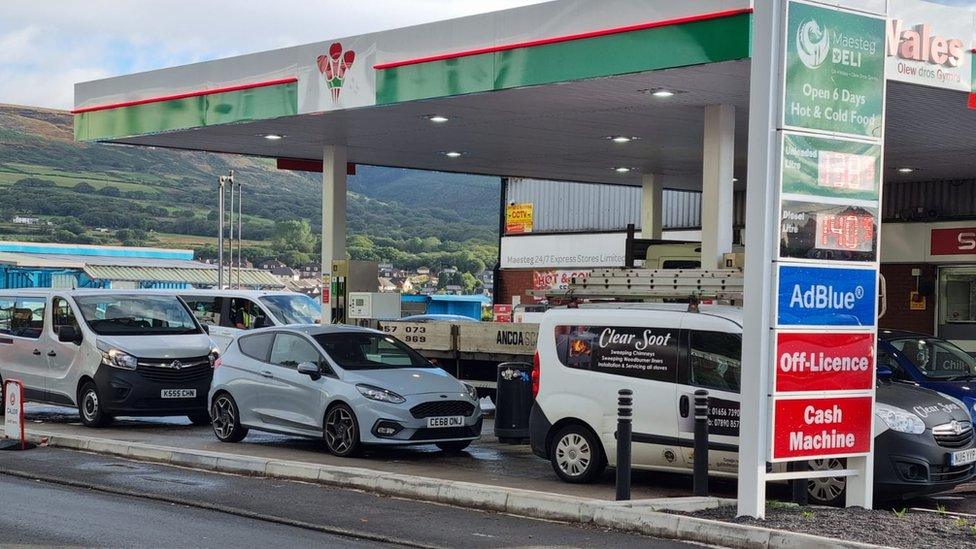
- Published29 September 2021
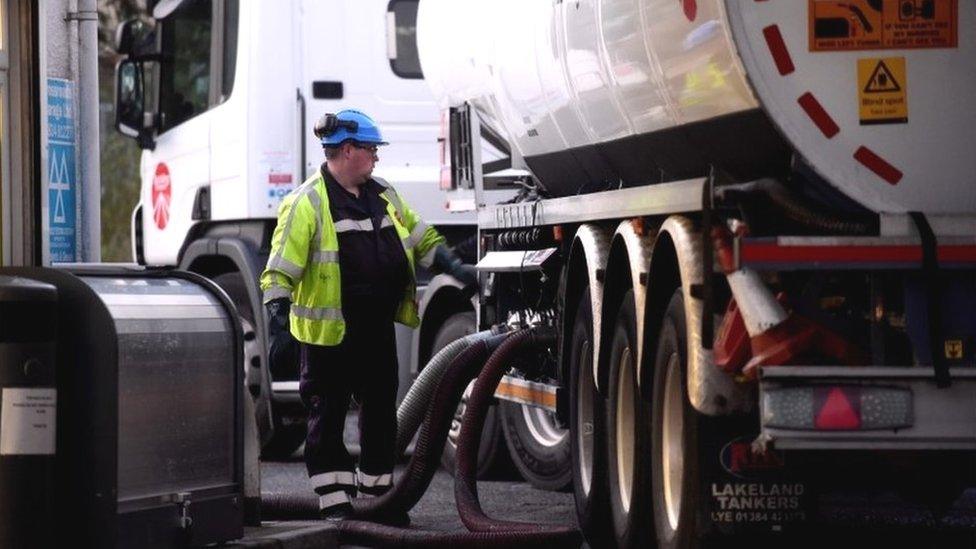
- Published28 September 2021
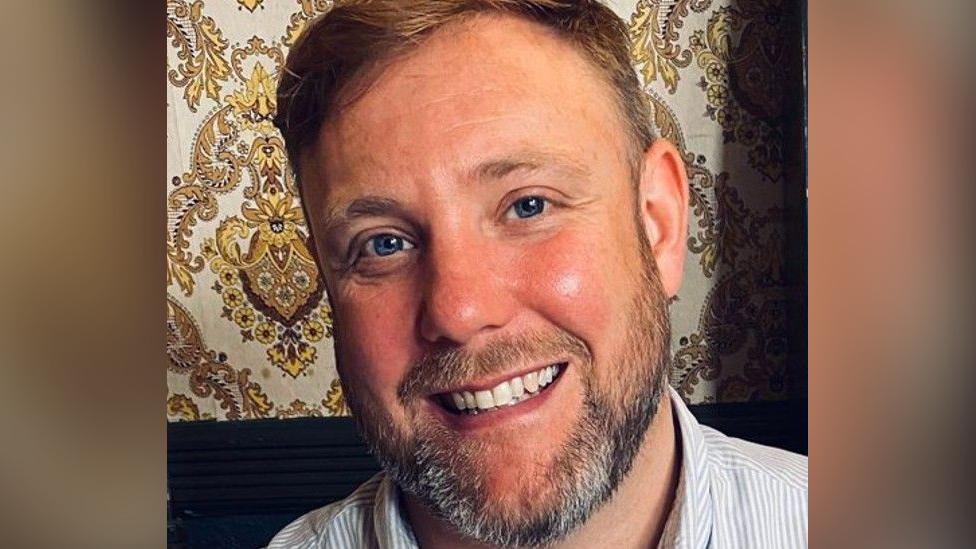
- Published5 October 2021
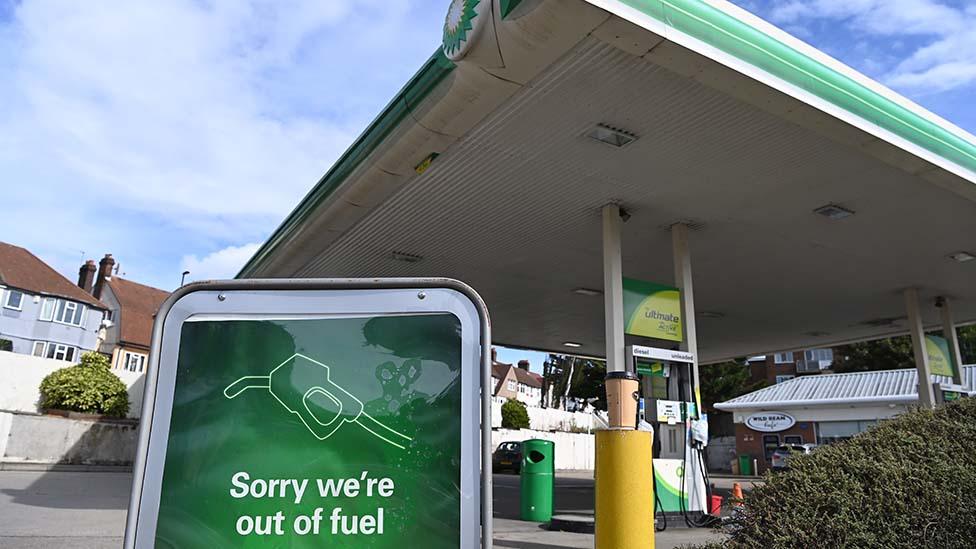
- Published24 September 2021
